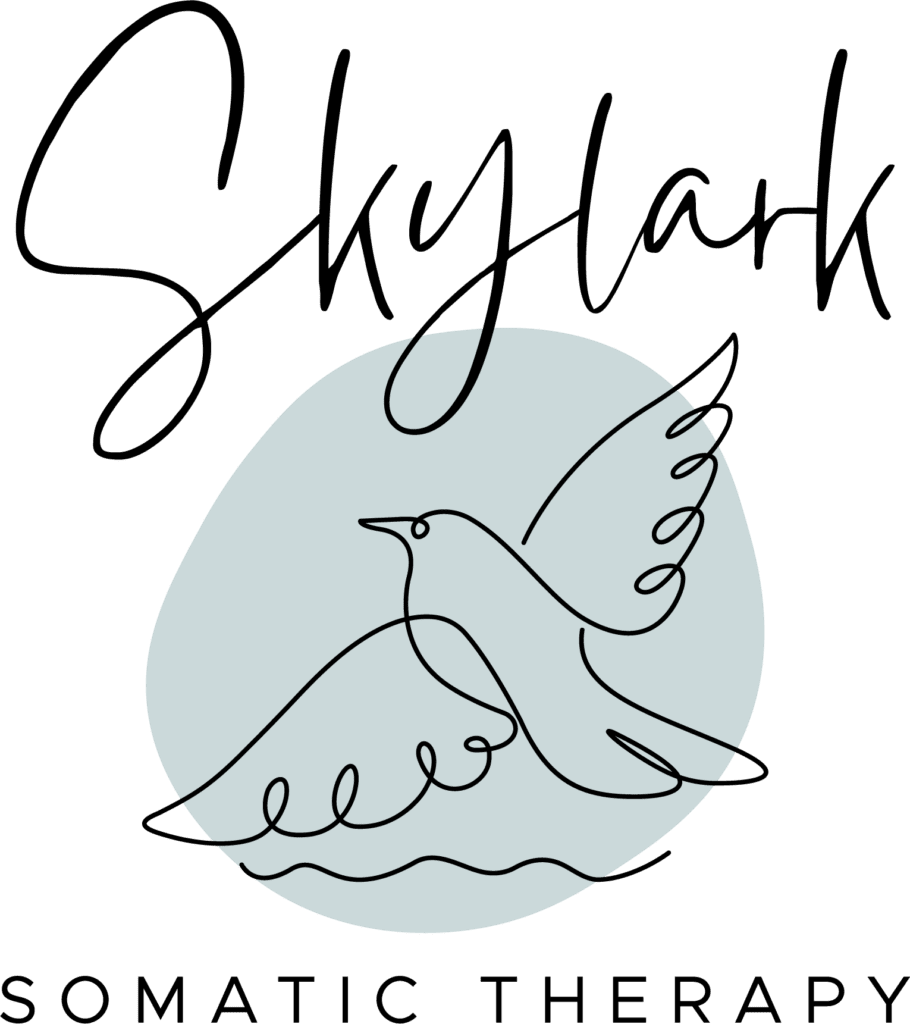Recovery from Relational Trauma
Engaging the mind-body connection to help you heal from the past and experience more joy in the present.

Heal core wounds

Build self-trust

Create healthier connections
Free yourself from childhood trauma and create a life you love
Are you feeling overwhelmed or disconnected? Do you find yourself struggling to trust others or constantly seeking approval? These feelings and experiences might stem from complex relational trauma. Don’t worry—there are effective ways to tackle these challenges. Together, we’ll uncover the root of your struggles and use evidence-based strategies to help you manage trauma-related dysregulation.
What is relational trauma?
Complex relational trauma is multilayered, impacting all aspects of a person’s health and well-being. Relational trauma is rooted in our early relationships with caregivers, creating patterns of behavior that are effective in surviving a difficult childhood but often problematic in adulthood, leading to issues that interfere with our ability to connect empathically with ourselves and others.
What to expect from therapy for relational trauma

My approach to therapy is about diving deep and understanding the whole picture. Healing from complex relational trauma is a journey, and we’ll take it together, one step at a time. Here’s how we’ll work through this process:
Sharing Your Story
I provide a safe, supportive space for you to share your story at your own pace. Revisiting the past is not always necessary, but sharing the painful parts of your story with someone you trust who can hold space for your emotional experiences often releases the shame you’ve been carrying, creating space for wholeness.
Whole Body Wisdom
Cultivating a loving connection with our inner world, independent of judgment and preconceived assumptions about who we are or how we ought to show up in the world, nurtures embodied safety. Feeling safe from within, grounded in a sense of wholeness, lays the foundation for getting unstuck and ready to experience yourself and others more deeply.
Mindful Living
Mindful living is about being present without judgment for all life’s moments. Learning to flow with our circumstances rather than force our will onto that which we cannot control is incredibly empowering. From this awakened perspective, compassion for self and others grows. No longer burdened by the past, strengthened by self-awareness, internal resources, and tools, your past can walk beside you so you can integrate what you’ve learned to create whole-body well-being.
Heal the hidden wounds of complex trauma and develop healthy connections.
FAQs
Common questions about relational trauma therapy
Don’t see your question answered here? Feel free to get in touch, and I’ll do my best to answer any questions you may have about working with me.
In my practice, I blend somatic and experiential therapies, mindfulness, and holistic practices to create a balanced path to healing and growth. I have advanced training in trauma treatment and somatic therapies, which help you release emotional blockages, learn ways to express emotions healthfully, and build meaning from painful experiences. Together, we’ll use techniques like visualization and artistic expression to reframe fears and build self-trust.
Creating a compassionate space where you can be vulnerable is key. This safe environment allows for deep healing as you learn to trust yourself and manage your well-being. We’ll work together to overcome limiting beliefs and other obstacles, so you can achieve your highest potential.
My approach emphasizes the mind-body connection. We’ll explore your strengths and unique qualities, fostering personal growth and success. I’m committed to providing the support and tools you need for self-regulation, accountability, and living a purposeful life. A strong therapeutic relationship can heal emotional wounds and help you overcome adversity. I’m honored to be part of your healing journey.
Somatic therapy focuses on the connection between the mind and body to address symptoms of dysregulation. Dysregulation can manifest as anxiety, chronic stress, insomnia, emotional numbness, or even physical ailments like headaches and digestive issues. These symptoms often arise when the body remains in a heightened state of stress due to unresolved trauma.
In somatic therapy, you’ll participate in activities that strengthen the link between your body and emotions. Sessions typically include mindful breathing exercises, gentle movements, and guided meditations. We’ll prioritize creating a secure and supportive environment where you can safely explore and release tension. As we progress, you’ll likely experience increased calmness, better emotional balance, and a deeper connection to your inner self.
Complex relational trauma can make you more vulnerable to anxiety. Growing up in a home where you may have experienced a lack of proper support or other challenges can lead to the development of an anxious attachment style or general anxiety. Understanding these connections can help you identify the root causes of your anxiety.
Early life experiences are critical for development. Certain stages – especially from birth to age 10 and during early adolescence – are particularly sensitive. During these periods, the brain is constantly changing and more vulnerable. Trauma experienced during these times can significantly impact emotional, psychological, and social development.
Trauma occurs when your nervous system becomes overwhelmed and remains in a heightened state of stress. As children, our brains and nervous systems aren’t fully developed and need external support to recover from traumatic experiences. Without proper support, the nervous system stays heightened, leading to long-term emotional and psychological effects.
No, trauma is not always caused by abuse or neglect. Situations beyond a child’s control, like a parent’s job loss, the death of a loved one, or other significant life changes, can also lead to trauma. These experiences can leave children without the safety and support they need, affecting their development and emotional health.
Childhood experiences shape how we form relationships and respond to stress. Without proper support, children may develop coping mechanisms that help them survive but aren’t suitable for adult relationships or daily function. These mechanisms can lead to difficulty making decisions, setting boundaries, and managing emotions.
Yes, even if children develop important skills and resilience from such experiences, they can also be compromised in some ways. Taking on responsibilities beyond what’s appropriate for their age can lead to emotional and psychological burdens that affect their development and well-being.
Recognizing how past experiences have shaped your current emotional and psychological state can be empowering. It allows you to understand why certain patterns and vulnerabilities exist, making it easier to address and heal from them with the right support and therapy.

